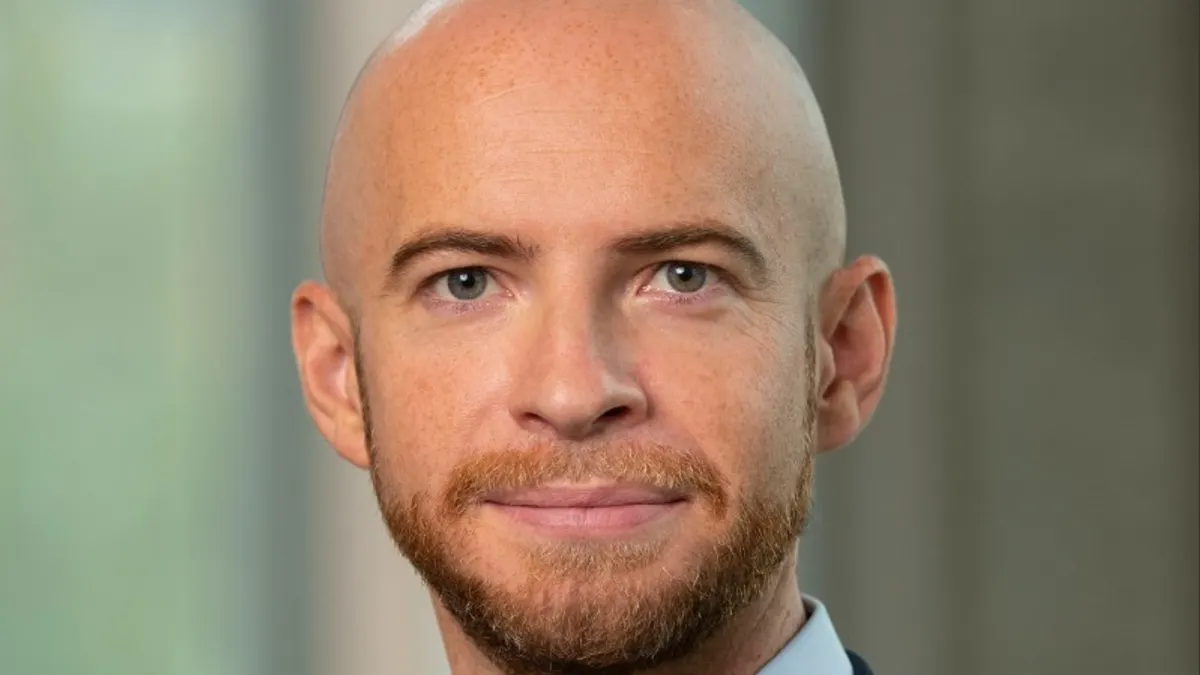Some of the best business advice Biote CEO and PharmaVoice 100 honoree Terry Weber ever got came from a nun. She told Weber, “Don’t learn how to type.”
Not being able to type kept Weber out of the administration pool and inherently guided her to take leadership positions. From there, she was off to the races, blazing trails in investment and mergers, transforming companies in auto parts, lingerie, psychiatry, and the nonprofit sector, and beginning in 2019, steering the transition of Biote into a public company. In December 2021, Biote entered into an SPAC agreement with Haymaker Acquisition Corp., taking the company public.
Biote, named one of the 50 Fastest-Growing Women-Owned/Led Companies in 2021 by The Women Presidents’ Organization in collaboration with JP Morgan Chase Commercial Banking, is a hormone optimization company that uses clinically validated medical approaches to identify and treat imbalances in the production of hormones. The company has partnerships with over 4,700 medical providers across the U.S., and delivers an end-to-end platform that provides practitioners with medical education, training and certification, practice management software, and digital and point-of-care marketing support.
Meeting the challenges
With a master’s in business and a knack for numbers, Weber has been transforming businesses since the beginning of her career. However, she had never been confronted with the kind of challenge she faced at Biote. One of the first things she had to do in securing investments for the company was not outline her business strategy, but something even more difficult: Get men to understand menopause.
“[At an investors meeting] I think I'm going to talk about my business model, but what I have to do is teach that menopause is real problem. I have to do a lot of education about hormone deficiency and menopause, [because] some cultures just don’t talk about it.” Weber says, recalling one meeting when a younger analyst had no idea what menopause was. “I told him to go talk to his mother."
Ultimately, Weber was forced to enlighten investors about hot flashes and night sweats — all fundamental parts of every woman’s life.
“We have this massive market — 80% of women in menopause experience hot flashes and night sweats — but nobody talks about it,” she says. “We don't educate about it. We don't fund it. I feel more like an evangelist for women’s health than a CEO seeking investors.”
Women are often described as the most influential, yet neglected, consumers of healthcare. Despite women controlling 80% of U.S. healthcare dollars, just 4% of all healthcare R&D and just 5% of digital health investment is focused on women’s health.
Weber says women’s health companies must educate investors, the majority of whom are male, about menstrual cycles and menopause and the variety of symptoms that they can cause in women. Women’s health companies are also striving to increase the conversations around these conditions, as well as educate physicians and even women themselves.
Changing culture
Educating physicians consists of teaching docs to not treat just the symptoms, such as prescribing an antidepressant or a sleeping pill, but to determine the root cause of their condition. Weber encourages male physicians to go talk to their wives, or the mothers at the playgroup, and they are often surprised by what they learn. To improve care and funding, conversations need to happen about these uncomfortable topics.
“Destigmatizing these issues and creating conversations around them, particularly within corporations, is what is needed to improve access to good women’s care,” Weber says.
There are several upsides to these conversations. Weber says it appears men are becoming more receptive to learning and listening about these issues, partly because millennials and Gen Xers — who are more open than boomers to these topics — are joining the discourse.
However, investors still present a challenge. Women’s health needs funding, but it will take education and more conversations to make that happen. The conversations need to focus on the financial numbers as well as the potential market. It will take more companies leading the way by becoming successful and proving the investment is worth the risk. This will encourage more funding in these areas.
Women’s health companies in particular have to justify their numbers more than most to prove the idea or product is financially sound, Weber says.
“When I lecture young women in their career, I tell them, you've got to learn the basics in finances in order to understand what your business needs or otherwise, you'll limit your own career. We need more financially driven companies that produce really good results to move the needle on women’s health. Women have to meet that challenge of getting the numbers right,” she says.
And so far, Biote has done that: The company lists an estimated annual revenue of $136 million per year.
Don't miss the next installment: Sign up for our newsletter for more insights on the leaders and companies shaking up women’s health space.
















